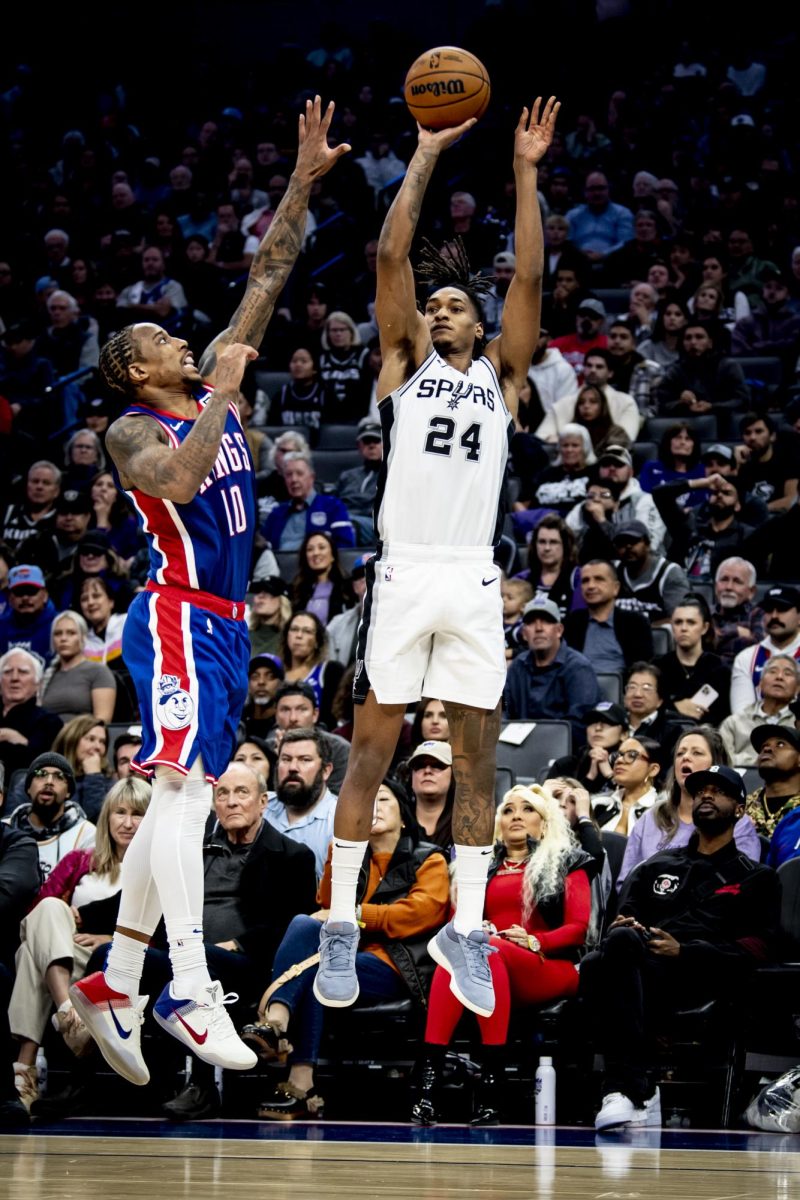Last Wednesday, Feb. 20, Duke University Men’s Basketball played against the University of North Carolina in Cameron Indoor Stadium on Duke’s campus. Duke was No. 1 in the country entering the game and UNC was No. 9. Duke has one of the best, if not the best depending on who you ask, basketball players in the country in first-year power forward Zion Williamson. His life nearly changed in a very bad way that night, but I’ll get to that later.
Zion came into the season following a highly publicized high school career and has aided in Duke attaining a 24–3 record as of writing. He is strong, fast, talented and dominant and has been compared to little-known players like LeBron James and Michael Jordan. So when the game against UNC came up, people expected another incredible display of basketball prowess.
The average ticket for the game was at resale was $3,296. To display how insane that number is, regular tickets to the Super Bowl are roughly $3,000 every year. Some notable people who attended the big game were former president Barack Obama (wearing a custom black bomber jacket with 44 lapeled on the sleeve), Spike Lee, Todd Gurly, Greg Olsen and Ken Griffey Jr. To say this wasn’t a game of enormous proportions would be an understatement. These games can change a player’s life with the national recognition they garner.
A big pull for these games is to see players like Zion, RJ Barnett and Cam Reddish, each with a possibly stellar NBA career right around the corner. So when Zion had to retire from the game less than one minute in due to his shoe busting open and nearly ending his career, it definitely changed the mood and reminded people that this college system is a possibly dangerous gamble for the players involved.
Injuries to players make the NBA teams monitoring them become wary and those players are, for me, the sole reason crowds like the one at Cameron Indoor happen. It’s exciting to watch the future stars of basketball grow and mature against one another, but beneath the surface of that lurks a system uses the players to garner huge profits for the university and doesn’t give an equal return.
These players don’t make a dime on these games. Those $3,000 tickets don’t go to Zion or RJ, they go to Duke and to the head coach’s $8.89 million contract. Zion’s possible career in the NBA could have been derailed in a game he didn’t make anything on. The profits of these players’ achievements are taken and used to sell ads, to market and to sell tickets and jerseys for the school. Duke basketball made $34 million in 2016 and was projected to make the same through 2018, the players obviously seeing nothing of it. The school nor the coach are the ones who risk injury, the possible loss of a draft position and millions every time they step on the court.
A player’s draft position is vital to how much their salary is. In last year’s draft, first overall pick Deandre Ayton signed for the Phoenix Suns to a $41,242,888 contract. The second pick, Marvin Bagley, signed to the Sacramento Kings for $36,910,323.If Zion’s injury would change his position, from say No. 1 to No. 5, he could lose millions. The difference between what Deandre Ayton is guaranteed to make and what what Trae Young, the No. 5 round pick last year, makes is seven million. Zion stepping on the court again is just jeopardizing his draft position, and he could avoid that just by sitting out the season and waiting for his turn to light up the NBA (which he will).
While there is something to be said about getting your college degree, that statement is part of a far larger discussion concerning whether or not these players even get an education at the universities they attend, which is a column for another time.
When this college season ends, Zion will be eligible for the draft, and according to The Ringer, Sports Illustrated, Basketball Insider and Bleacher Report, Zion is going to be the No. 1 pick and could sign for the max rookie contract of $41 million. He can either play out the season for Duke, or he can sit the rest and be sure to be healthy when the draft comes. One of those scenarios maintains his health and his No. 1 spot, and the other makes money for anyone but him and risks him getting hurt. For me, the decision seems crystal clear.






